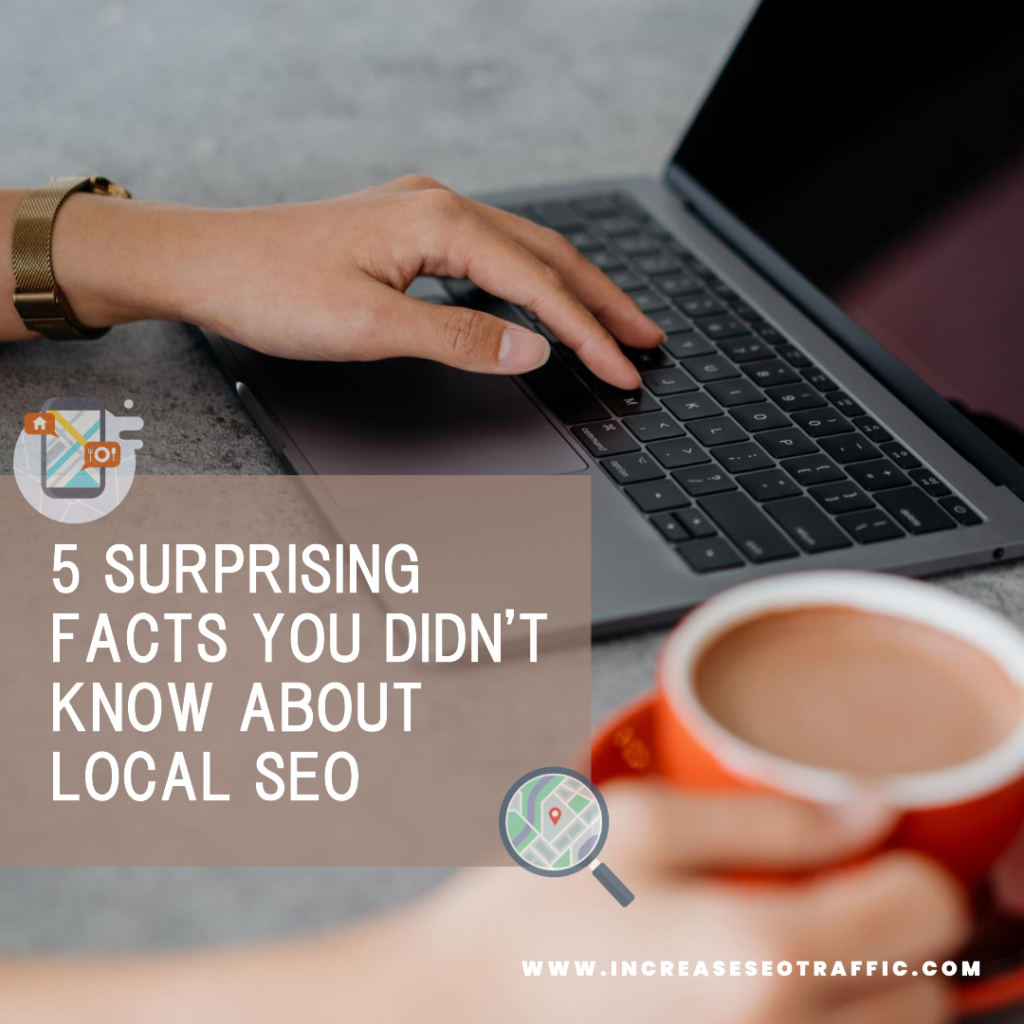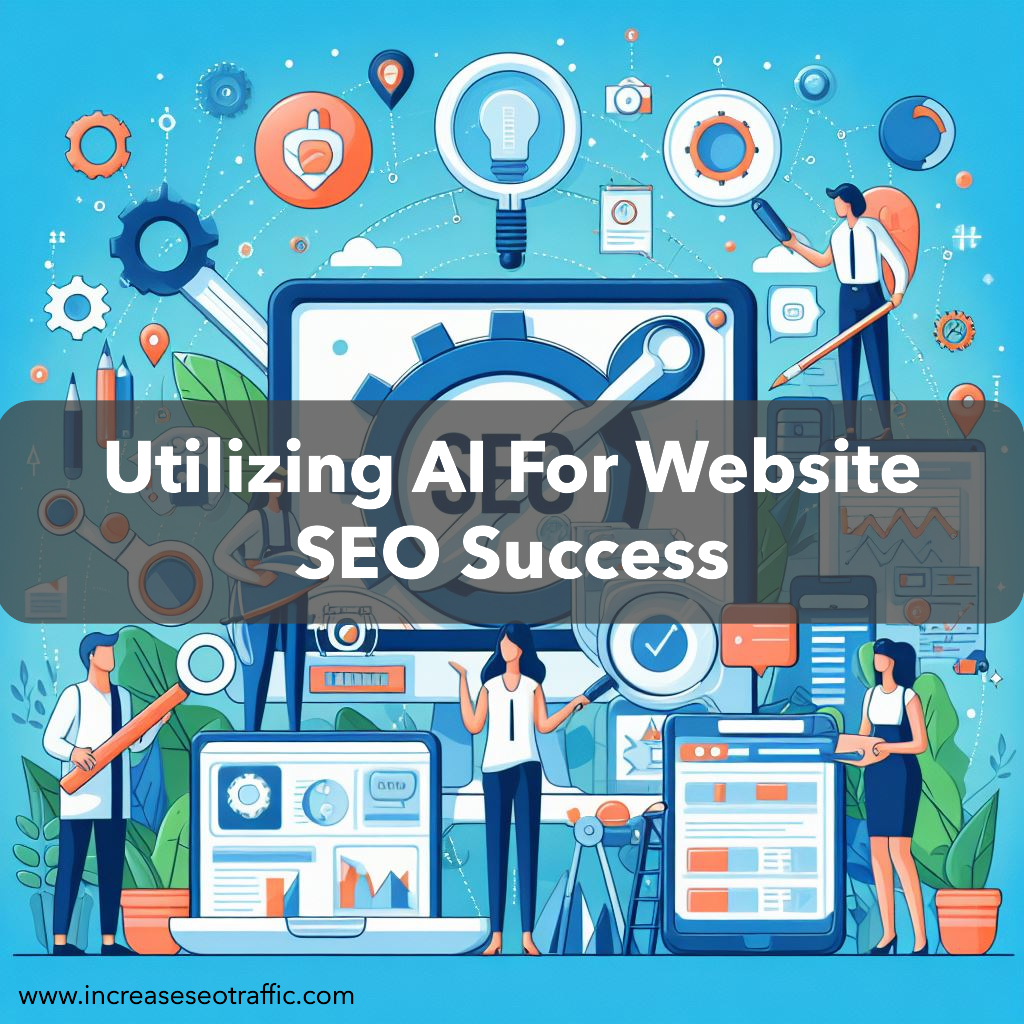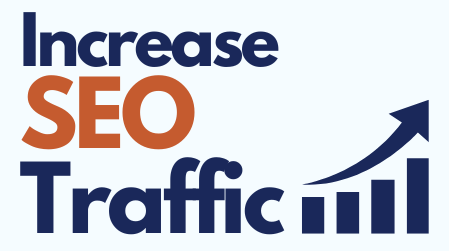

Key Takeaways:
- Meta tags are crucial for SEO as they provide search engines with information about your website content.
- Title tag and meta description should be optimized with relevant keywords to attract more organic traffic.
- Using unique and descriptive meta tags can improve your website’s visibility and ranking on search engine result pages.
Understanding Meta Tags
What Are Meta Tags?
One of the fundamental elements of optimizing a website for search engines is understanding meta tags. These are snippets of text that describe a page’s content; however, they don’t appear on the page itself. Instead, they provide data about the page to search engines and website visitors.
Meta tags are imperative for SEO as they help search engines understand the content and context of a webpage. By optimizing these tags, website owners can improve their chances of ranking higher in search engine results.
Types of Meta Tags Crucial for SEO
One of the most important meta tags for SEO is the title tag. This tag is used to specify the title of a webpage and is displayed on search engine results pages. Another crucial meta tag is the meta description, which provides a brief summary of the page’s content.
After these two imperative meta tags, other important ones include i) meta keywords, ii) robots meta tag, and iii) viewport meta tag. Each of these tags serves a specific purpose in helping search engines understand and index a website’s content.
| Title Tag | Specifies the title of a webpage |
| Meta Description | Provides a brief summary of the page’s content |
| Meta Keywords | Keywords related to the page’s content |
| Robots Meta Tag | Controls how search engines index the page |
| Viewport Meta Tag | Specifies how a webpage is displayed on different devices |
Example:
<!DOCTYPE html>
<html lang=”en”>
<head>
<title>Your Title Goes Here</title>
<meta name=”description” content=”Your meta description should be a concise and informative summary of your page content, around 155-160 characters.”>
<meta name=”keywords” content=”keyword1, keyword2, keyword3, … (relevant keywords for your page)”>
<meta name=”robots” content=”index, follow”> <meta name=”viewport” content=”width=device-width, initial-scale=1.0″> </head>
<body>
</body>
</html>
After optimizing these meta tags, website owners can see significant improvements in their search engine rankings. It is crucial to pay attention to these details as they can make a big difference in driving organic traffic to a website.
Optimizing Your Meta Tags
Now let’s examine the crucial aspects of optimizing your meta tags to boost your SEO efforts.
Step-by-Step Guide to Writing Effective Meta Tags
Optimizing your meta tags is crucial for improving your website’s visibility in search engine results. Follow this step-by-step guide to ensure your meta tags are effectively optimized for increased traffic and engagement:
| Step 1: Research Keywords | Step 2: Craft Unique Titles and Descriptions |
| Identify relevant keywords that align with your content | Create compelling titles that include keywords and accurately describe the page |
Tips for Crafting the Perfect Meta Descriptions
Optimizing your meta descriptions is just as important as your titles. Here are some tips to help you craft the perfect meta descriptions that entice users to click:
- Include main keywords for relevance
- Keep it concise and to the point
- Use a call-to-action to encourage clicks
Any excessiveness in length can lead to truncated descriptions, so make sure to keep them within the recommended character limit.
Plus, remember that meta descriptions provide a sneak peek of your content to users, so make sure they are compelling and accurately represent the page’s content to drive more clicks.
Factors Influencing Meta Tag Effectiveness
Your website’s meta tags play a crucial role in influencing your SEO traffic. Understanding the factors that determine their effectiveness can help you master the art of optimizing your website for search engines.
- Relevance of Keywords: Using relevant and specific keywords in your meta tags is necessary to attract the right audience to your website.
- Title Tag Length: Keeping your title tags within the recommended character limit ensures that they are displayed properly in search engine results.
- Meta Description: Crafting a compelling meta description that accurately summarizes your page can significantly impact click-through rates.
This holistic approach to meta tag optimization can lead to higher rankings and increased organic traffic to your website. Be mindful of, each element of your meta tags plays a crucial role in shaping how search engines perceive your content.
Current SEO Trends and Meta Tags
Any successful SEO strategy involves staying updated with current trends in the ever-evolving digital landscape. In terms of meta tags, incorporating the latest SEO practices can give your website a competitive edge.
Whether it’s implementing schema markup or focusing on user intent, aligning your meta tags with current SEO trends can significantly impact your website’s visibility and ranking on search engine results pages.
Keywords: The Backbone of Meta Tag Strategy
To create a solid foundation for your meta tag strategy, keywords play a pivotal role in attracting the right audience to your website. By conducting thorough keyword research and incorporating them strategically into your meta tags, you can improve your website’s visibility and relevance in search results.
Influencing search engine algorithms with relevant keywords can enhance your website’s chances of appearing in front of your target audience. Be mindful of, choosing the right keywords is the first step towards optimizing your meta tags effectively.
Meta Tags Done Right and Wrong
Once again, let’s investigate the world of meta tags and explore the right and wrong ways to optimize them for your website.
Pros and Cons of Meta Tags Optimization
The Pros and Cons of meta tags optimization can have a significant impact on your SEO efforts. Let’s break it down in the following table:
| Pros | Cons |
| Improved CTR | Potential for keyword stuffing |
| Enhanced visibility in search results | Over-optimization penalties |
| Higher search engine rankings | Irrelevant or misleading meta tags |
The impact of meta tags optimization can vary based on how effectively you use them to attract organic traffic to your website. It is crucial to weigh the benefits and the risks before implementing any changes to your meta tags.
Analyzing the Impact of Meta Tags on Traffic
The proper use of meta tags can significantly enhance your website’s visibility and increase organic traffic. By optimizing meta tags with relevant keywords and engaging descriptions, you can attract more visitors who are likely to click through to your site.
Meta tags play a critical role in improving your website’s SEO performance and driving targeted traffic. By analyzing the impact of different meta tag strategies on your traffic metrics, you can continually refine your approach to maximize results.
Beyond Meta Tags
All digital marketers know the importance of meta tags in optimizing SEO traffic. But to truly master the art of SEO, you need to go beyond just meta tags. There are other important SEO practices to consider and ways to integrate meta tags with your overall SEO efforts.
Other Essential SEO Practices to Consider
Practices such as creating high-quality content, optimizing website speed, building backlinks from reputable sites, and utilizing social media platforms are crucial for boosting your website’s visibility and ranking on search engine results pages. Additionally, incorporating relevant keywords throughout your website and regularly updating your content to keep it fresh and engaging are key components of a successful SEO strategy.
Integrating Meta Tags with Overall SEO Efforts
Overall, integrating meta tags with your overall SEO strategy involves aligning your meta tag keywords with your website’s content and ensuring that your meta descriptions are compelling and relevant to attract clicks from search engine users. By analyzing your website’s performance data and making adjustments to your meta tags based on user behavior, you can continuously improve your site’s SEO performance and drive more organic traffic.
Essential to this process is regularly monitoring and updating your meta tags to stay current with search engine algorithms and trends in user search behavior. By staying proactive and adapting your meta tags to meet evolving SEO best practices, you can stay ahead of the competition and maintain a strong online presence.
The Art of Meta Tags Revisited
The art of meta tags goes beyond just inserting keywords. It involves crafting unique and descriptive meta titles and descriptions that accurately reflect the content on your website while enticing users to click through to your site. By optimizing your meta tags for both search engines and users, you can increase your click-through rates and improve your site’s overall SEO performance.
To master the art of meta tags, conduct regular audits of your meta tags to identify areas for improvement and test different variations to see what resonates best with your target audience. By continuously optimizing and refining your meta tags, you can enhance your website’s visibility, attract more organic traffic, and ultimately achieve higher conversions.
Takeaways for Mastering SEO Traffic Optimization
With a comprehensive SEO strategy that includes optimizing meta tags, creating high-quality content, and integrating other important SEO practices, you can effectively drive organic traffic to your website and improve your search engine rankings. By continually monitoring your site’s performance data and staying up-to-date on the latest SEO trends, you can adapt your strategies to stay competitive in the ever-evolving digital landscape.
Efforts invested in mastering SEO traffic optimization will not only boost your website’s visibility and traffic but also help you build a strong online presence and connect with your target audience more effectively. By implementing proven SEO tactics and staying committed to refining your strategies, you can achieve long-term success and grow your business online.
FAQ
Q: What are meta tags?
A: Meta tags are snippets of text that describe a page’s content; they do not appear on the actual page itself, but only in the page’s source code. They play a crucial role in SEO by providing information to search engines about a web page’s content.
Q: Why are meta tags important for SEO?
A: Meta tags are important for SEO because they help search engines understand what a webpage is about, which in turn helps improve the page’s visibility in search engine results. By optimizing meta tags, you can increase the chances of your page ranking higher in search results.
Q: What are the different types of meta tags?
A: There are several types of meta tags, but some of the most important ones for SEO include meta title tags, meta description tags, and meta keyword tags. These tags provide important information about a webpage’s content to search engines.
Q: How can I optimize meta tags for better SEO?
A: To optimize meta tags for better SEO, make sure to include relevant keywords in your meta title and description tags. Keep the length of your meta tags within the recommended character limits and write compelling, accurate descriptions that entice users to click on your link in search results.
Q: Are meta tags the only factor that affects SEO?
A: While meta tags are important for SEO, they are not the only factor that affects a webpage’s search engine ranking. Other factors such as content quality, backlinks, site speed, and mobile-friendliness also play a significant role in determining a webpage’s SEO performance. It’s important to have a holistic SEO strategy that considers all these factors.
Related Posts

Surprising Facts You Didn’t Know About Local SEO
5 Surprising Facts You Didn’t Know About Local SEO Read the blog Most people are aware of the importance of

Benefits Of Local SEO
Local SEO Strategies Untap the benefits Read the blog SEO is a powerful tool that can significantly impact the success

Boost Your Local SEO
Expert Tips – How To Boost Your Local SEO Ranking With Minimal Effort Read the blog Expertise in local search

SEO Generator AI
Mastering SEO Generator AI A Definitive Guide For Website Owners Read the blog Preliminary Concepts Understanding the Basics of SEO

AI For Website SEO
Utilizing AI for Website SEO Success Understanding AI and its Role in SEO Read the blog Many website owners today

Future Of SEO With AI
The Future Of SEO With AI Strategies You Need To Implement Read the blog SEO professionals are constantly adapting to

About the blog
Table of Contents
Browse SEO Categories
- In-Depth Guides (2)
- SEO (13)
- Content Marketing SEO (4)
- Enterprise SEO (1)
- Keyword Research (1)
- Local SEO (3)
- Technical SEO (5)
- SEO With AI (7)
Subscribe to our newsletter
Unleash Your Website's Power:
The Master Class in SEO for Beginners
This isn't just another "SEO Guide." It's your launchpad to search engine domination.
